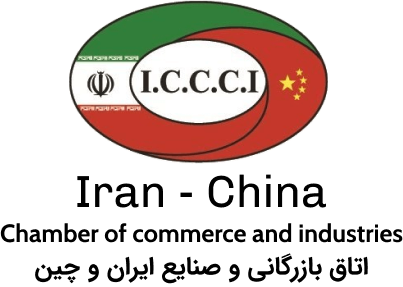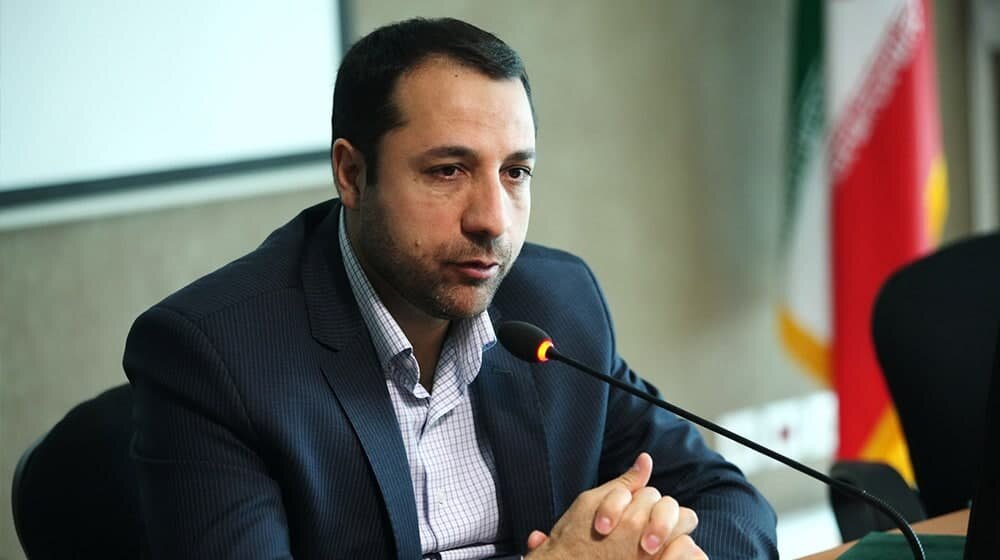The governor of the Central Bank of Iran (CBI) announced the bank’s serious and firm support to the knowledge-based companies.
Ali Saleh-Abadi made the remarks in line with the slogan of the present Iranian calendar year 1401 (began on March 21), which is named “Production: Knowledge-Based and Job-Creating” by Leader of Islamic Revolution Ayatollah Seyed Ali Khamenei.
Referring to the role of knowledge-based products in the national economy and the serious support of the banking network in this area, he said: “By allocating targeted credits to economic sectors, it is possible to provide prosperity for production and sustainable employment.”
The CBI governor further noted that production chain financing is a successful tool for boosting production, adding, “It should be also considered that the allocation of targeted credits can also lead to a boom in production. In explaining this point, I must say that we started the production chain financing category last year, so that credit instruments can be used to move production, and this category will be pursued vigorously this year as well.”
In early January, Central Bank of Iran and Industry, Mining and Trade Ministry signed a memorandum of understanding (MOU) with seven acting banks to collaborate on implementing a supply chain financing plan to provide facilities to production units across the country.
The MOU was signed in a ceremony attended by CBI Governor Ali Saleh-Abadi, Industry, Mining and Trade Minister Reza Fatemi Amin, and Finance and Economic Affairs Minister Ehsan Khandouzi.
Under the framework of the mentioned MOU, CBI and the Industry Ministry will cooperate with the acting banks to provide facilities to production units in various sectors including metals, construction, automobiles, home appliances, machinery, foodstuff, as well as chemical and petrochemical industries.
Unlike traditional methods of providing direct facilities by financial institutions, supply chain financing is a form of financial transaction wherein a third party facilitates an exchange by financing the supplier on the customer’s behalf.
Also, it refers to the techniques and practices used by banks and other financial institutions to manage the capital invested into the supply chain and reduce the risk for the parties involved
In this method, the production units can also receive other credit instruments such as bonds and negotiable instruments instead of cash facilities, which in addition to reducing the need for liquidity, bank resources are also directed to productive activities.
Based on the MOU, the plan is going to be implemented in a pilot phase and then will become fully operational after being finalized.
Speaking in the signing ceremony, Saleh-Abadi said the implementation of this plan will reduce the non-current receivables of banks and it will also make it easier to manage liquidity and monitor the appropriate allocation of banking resources.
Fatemi-Amin for his part said at the ceremony that with the supply chain financing, banks will pay facilities based on electronic invoices under the framework of the country’s comprehensive trade system.
“This makes receiving facilities transparent and companies cannot get multiple loans for one purpose,” he added.
The official noted that this method is a very effective work in a financing process that increases access to financial resources and prevents the diversion of resources, in other words, by implementing this plan, manufacturing companies and banks will both benefit.
Further in the ceremony, Finance Minister Ehsan Khandouzi underlined some of his ministry’s programs for developing the country’s productive sectors, saying: “Our main goal is to be able to shorten all the avenues that lead the financing of production sectors to support manufacturing and exporting enterprises so that traders and producers are less concerned about financing.”
Measures such as the supply chain financing scheme not only help and facilitate the financing process but also make the relationship between producers and the banking network more regular, he said.
According to Khandouzi, completing the financing chain, expanding the scope of the chain activities in industrial sectors, and completing the supporting banking network are three steps that should be monitored.





